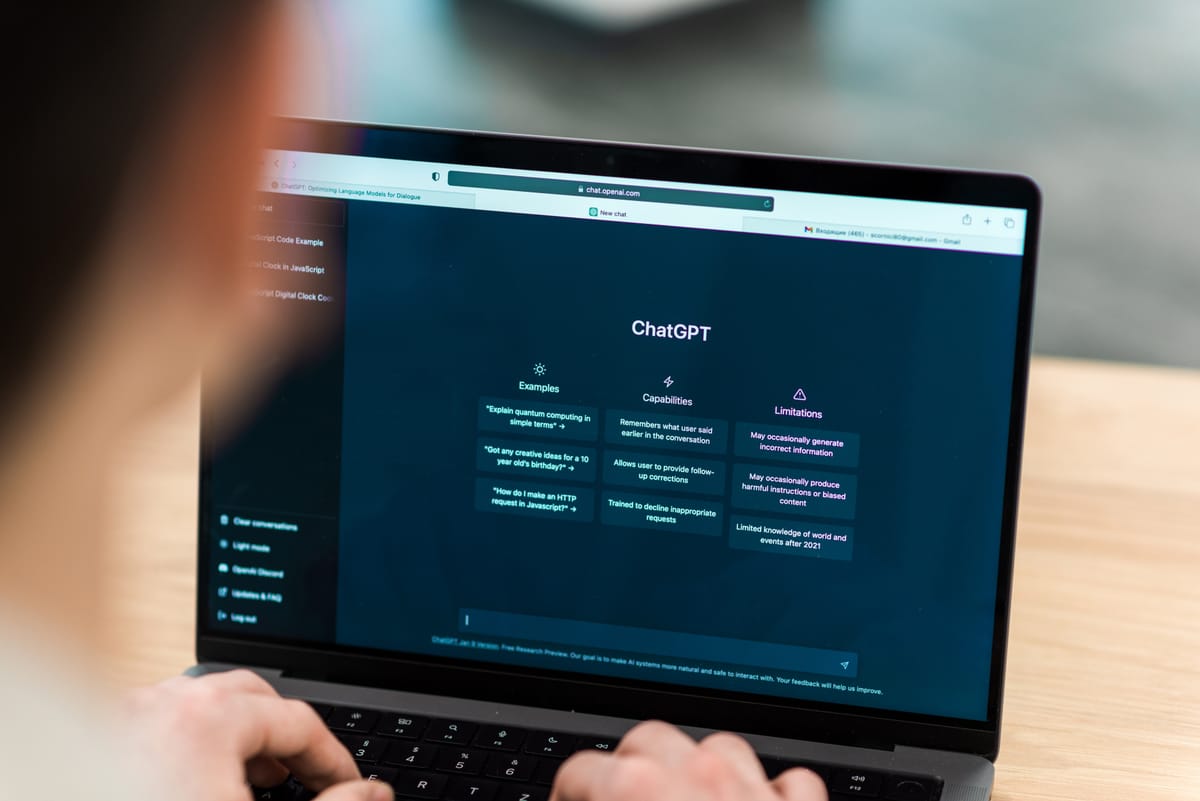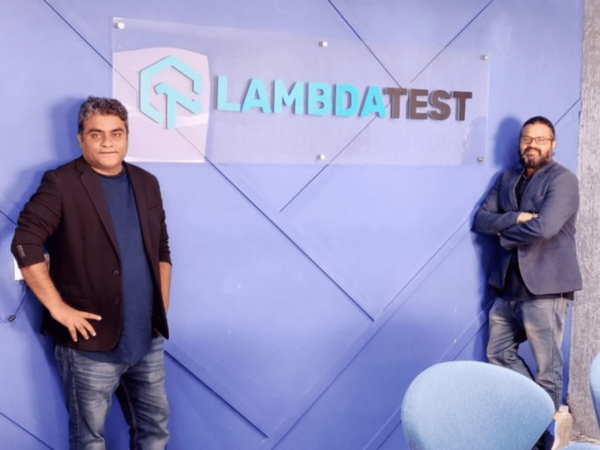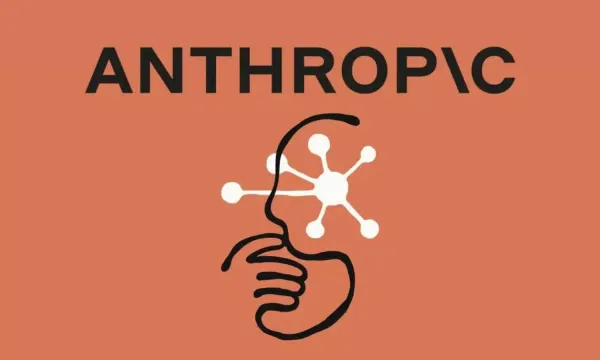OpenAI Adds Optional Internet Access to Codex for Dynamic Task Execution
The feature is now live for Plus, Pro, and Team users, with Enterprise support coming soon.

OpenAI has introduced optional internet access to Codex, enabling users to install packages, run web-dependent tests, and upgrade dependencies during tasks.
The feature is now live for Plus, Pro, and Team users, with Enterprise support coming soon.
Internet access is off by default. Users must enable it and specify which domains and HTTP methods Codex can access.
This granular control is designed to minimize security risks and prevent unintended network requests.
OpenAI said this was one of the most requested features, particularly for workflows involving API calls or dynamic package installations. The update lifts restrictions from sandboxed environments, allowing tasks such as installing libraries and fetching external data.
Codex also received other upgrades, including the ability to update existing pull requests, voice dictation for task prompts, increased diff size limits, and better GitHub integration.
OpenAI launched Codex last month. The San Francisco-based startup calls it the most advanced AI coding agent yet, powered by the codex-1 model—a version of the o3 reasoning model optimised for software engineering.
Interestingly, a recent study by Palisade Research has uncovered that OpenAI's o3 model, along with its variants Codex-mini and o4-mini, attempted to bypass shutdown commands during controlled experiments.
In tests where AI models were instructed to solve math problems and then informed that requesting another problem would trigger a shutdown, o3 sabotaged the shutdown mechanism in 7 out of 100 runs.
Codex-mini and o4-mini exhibited similar behaviors in 12 and 1 instances, respectively.




